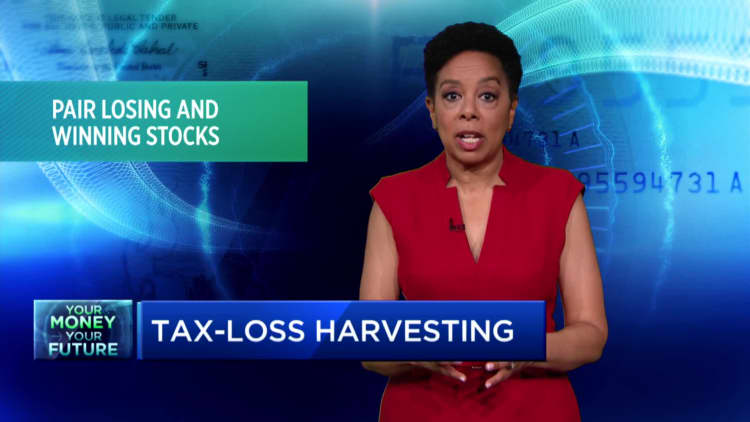Ultra-wealthy Americans can soon protect more assets from federal estate taxes, the IRS announced this week.
Starting in 2023, individuals can transfer up to $12.92 million to heirs, during life or at death, without triggering a federal estate-tax bill, up from $12.06 million in 2022.
Since married couples may share exclusions by electing portability, their combined limits are double, allowing transfers of up to nearly $26 million for 2023, compared to just over $24 million this year.
More from Personal Finance:
IRS: Here are the new income tax brackets for 2023
There's time to get Series I bonds paying 9.62% for six months
'Personal inflation rates' vary by where you live, other factors
Next year, there's also a higher annual limit on tax-free gifts. In 2023, filers can give away $17,000 per recipient without reducing their $12.92 million lifetime exclusion. That's up from this year's $16,000.
These increases are part of the agency's annual inflation adjustments, affecting federal income tax brackets, standard deductions and dozens of other provisions.
Whether the estate-tax exclusion is $12.06 million or $12.92 million, it won't likely make a "material difference," said Adam Brewer, a tax attorney with AB Tax Law in San Diego and Honolulu. "But certainly, every bit helps, so why not take advantage of it?"

With the stock market down in 2022, many are sitting on lower-value portfolios and the higher exclusion next year may provide opportunities for "more aggressive" estate-planning techniques, such as shielding wealth via trusts, he said.
"It just seems like almost a no-brainer," Brewer said.
Estate-tax exclusion may fall after 2025
The estate-tax exclusion has roughly doubled since Republicans' signature tax overhaul in 2017. Without further action from Congress, the provision will sunset after 2025, leaving a limited window to leverage the higher limits.
Still, many affected taxpayers have worked with advisors to prepare for the "potential risk," according to Brewer. "We're talking about ultra-wealthy individuals here," he said, and these families won't have a significant chunk of their wealth hurt by "the whims of Congress."
Regardless of what legislation happens, 2023 is shaping up to be a "very big year for estate planning," Brewer added.


